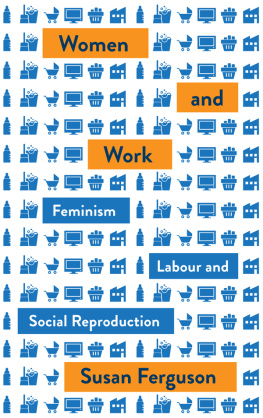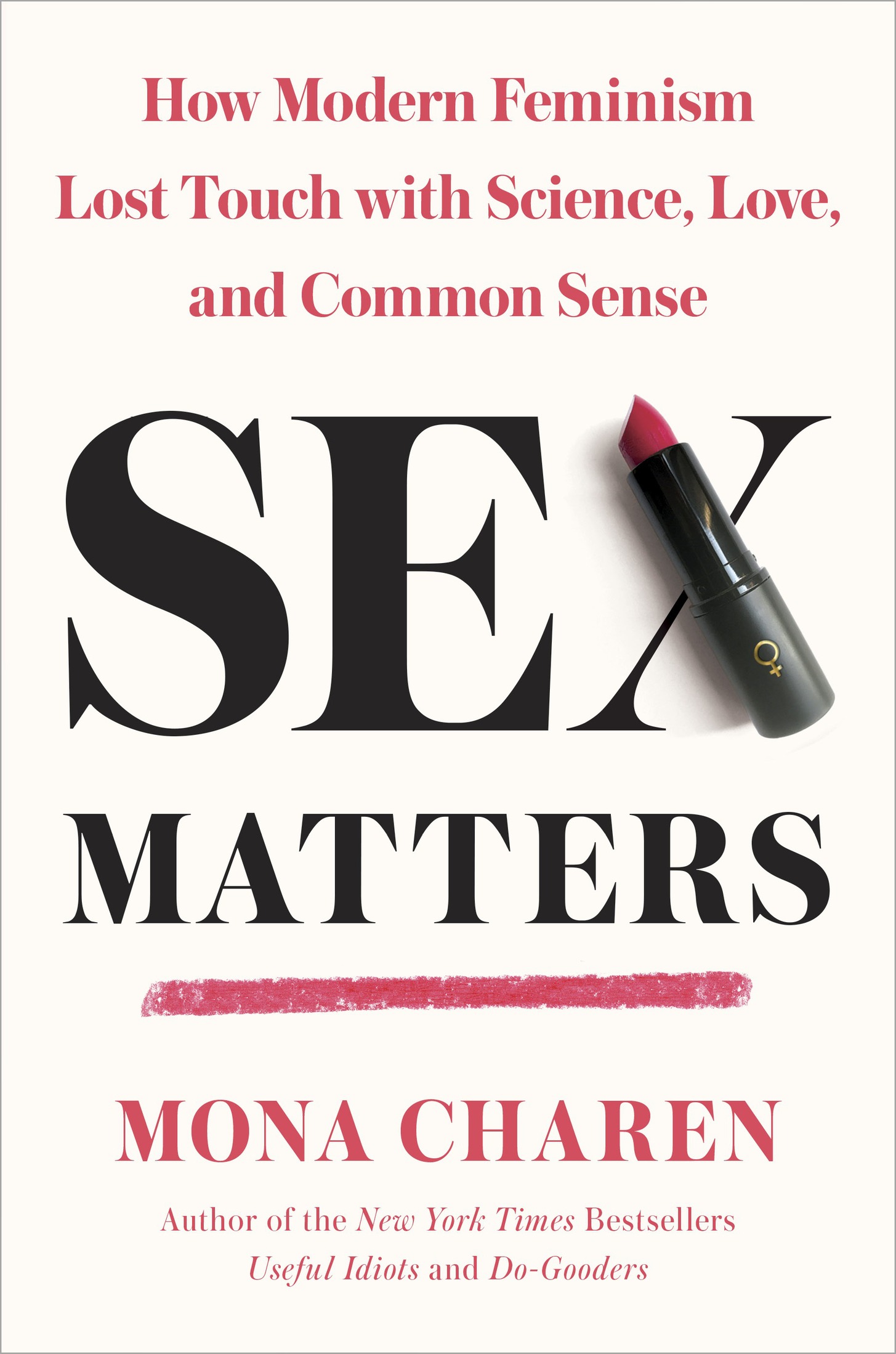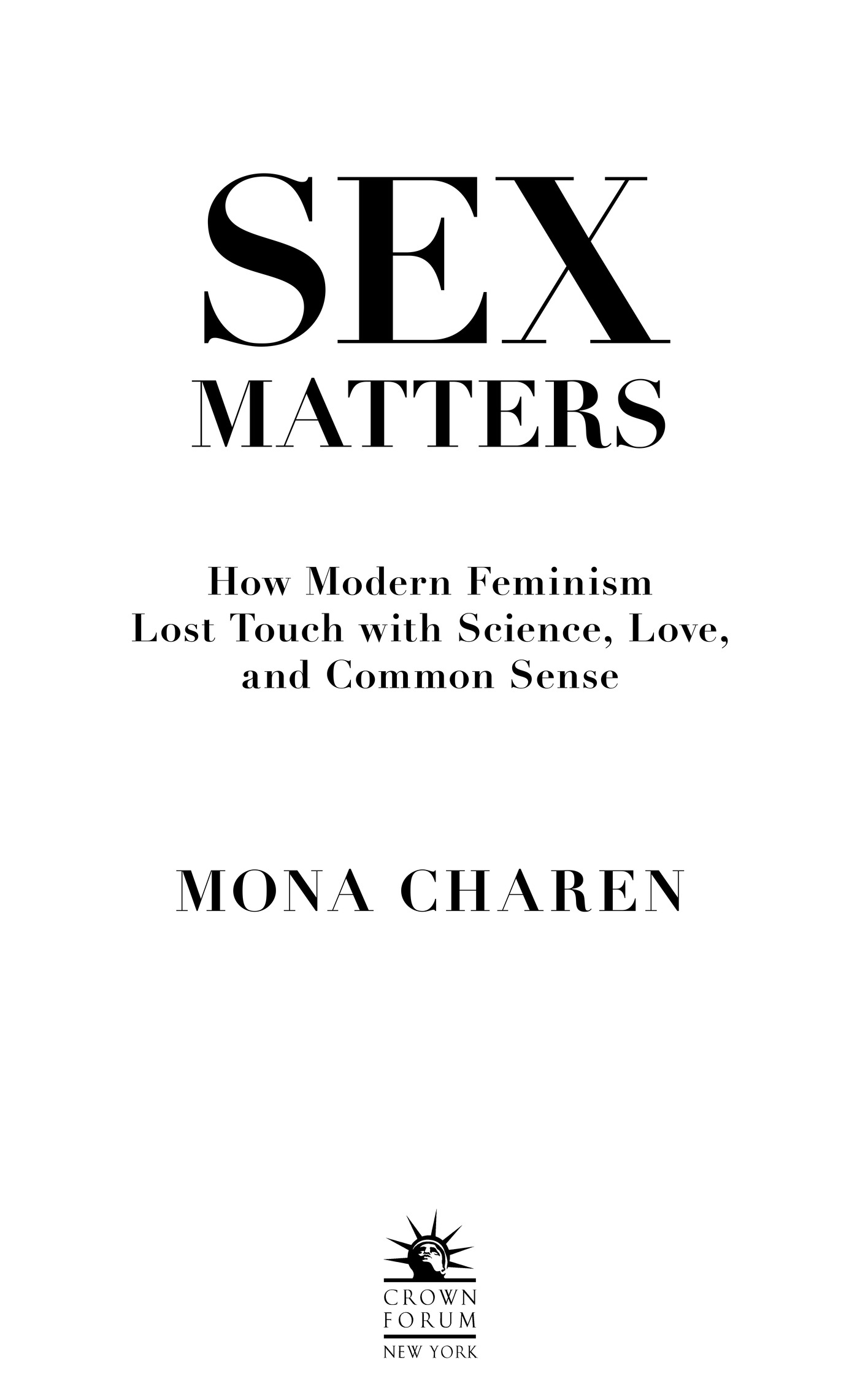All rights reserved.
Published in the United States by Crown Forum, an imprint of the Crown Publishing Group, a division of Penguin Random House LLC, New York.
CROWN FORUM with colophon is a registered trademark of Penguin Random House LLC.
Name: Charen, Mona, author.
Title: Sex matters : how modern feminism lost touch with science, love, and common sense / Mona Charen.
Description: New York : Crown Forum, [2018] | Includes bibliographical references and index.
Identifiers: LCCN 2018012448 (print) | LCCN 2018013091 (ebook) | ISBN 9780451498403 (e-book) | ISBN 9780451498397 (hardcover : alk. paper)
Subjects: LCSH: Feminism. | Anti-feminism. | Sex differences (Psychology) | Sex. | WomenSocial conditions21st century.
Classification: LCC HQ1155 (ebook) | LCC HQ1155 .C4186 2018 (print) | DDC 306.7dc23
I am my beloveds and my beloved is mine.
INTRODUCTION
AT WHAT PRICE?
Feminism has triumphed. No longer a movement or even a controversy, feminism has become a piety. In many respects, this is worth celebrating. Equality has borne abundant fruit and enriched the lives of women, men, and children. But feminism has carried costs too. Very high costs.
While women have dramatically increased their earning power, educational attainment, and independence, many of the crucial supports for a happy and balanced life are further out of reach than in the past, and further out of reach than they need to be. Feminism is thought to be synonymous with womens interests and womens wishes, but that is far from the case.
Every year since 1972, the General Social Survey has asked a representative sample of American adults how happy they are. In 1972, women, on average, reported being a bit happier than men. Every year since, womens reported happiness has declined, both in absolute terms and when compared with mens. Around 1990, the sexes traded places, and since then, women have reported being less happy than men, and less happy than their mothers and grandmothers were at the same stage of life. A 2011 survey found that women are two and a half times as likely to be taking antidepressant medication as men.
Happiness, then, has not marched forward with feminism.
Womens lives are more varied than they once were, but also far less secure. Men and children are also unmoored in often damaging ways.
Sheryl Sandberg, in her feminist blockbuster, Lean In, writes, A truly equal world would be one where women ran half our countries and companies and men ran half our homes. I believe that this would be a better world.
I dont, and its not because I object to women running countries or companies or men running homes. Its because I dont think equality means sameness. It need not frighten or bewilder us that, on average, women tend to be more inclined to choose children over work than men, and I have never understood why feminists consistently disparage womens preferences. The Pew Research Center reports that in 2012, 67 percent of mothers said their ideal was either part-time work or no work outside the home. After declining for several decades, the percentage of mothers with children under the age of eighteen who choose to be full-time homemakers has been increasing. And less than a third of mothers say their ideal working arrangement is full-time work.
Still, Sandberg speaks for millions, especially our opinion leaders. The conventional wisdom spans the political spectrum. Conservatives as well as liberals, and Republicans almost as much as Democrats, bow to the idea that equality must mean sameness. Like totalitarians everywhere, they are determined not to understand people but to regiment them.
Our society devotes tremendous resources, psychic as well as actual, to the attempt to make women and men alike. Thousands of womens studies departments catechize college students to believe in perpetual female oppression. Children are instructed that we expect them to play sports in equal measure. As they mature, young people learn that they are expected to spend the same number of hours at work, to engage in sex in the same spirit, to study the same subjects in the same numbers, to change the exact same number of diapers, and to divide all jobs in the economy right down the middle.
Women must be roofers and loggers, and men must teach kindergarten and do social work in the same proportions. (By the way, the percentage of workers who are killed on the job tends to range from 95 to 99 percent male. You rarely hear feminists decry this inequity.)
Were told that all sex differences are socially constructed. In our time, this has expanded to the notion that the male/female binary is imaginary as well. There are not two but many genders. Sexuality is a spectrum.
Yet resistance stubbornly persists. Most Americans reject the label feminist for themselves. A 2016 YouGov poll found that only 26 percent of Americans call themselves feminists. Only 32 percent of women and 19 percent of men were comfortable with the term. Asked why they rejected the label, 47 percent of women and 35 percent of men said that feminists are too extreme.
Our society has devoted endless effort to freeing men and women from traditional sex roles in family life. These roles are outmoded and limiting, were told. Back in the 1970s, when second-wave feminism was gearing up, Betty Friedan asked Simone de Beauvoir whether women should have a choice between being homemakers and working full-time. No woman should be authorized to stay at home to bring up her children, declared de Beauvoir. Society should be totally different. Women should not have that choice, precisely because if there is such a choice, too many women will make that one.
De Beauvoir may have been onto something. I made the choice to put my family first, and as she might have put it, Je ne regrette rien.
By the time I became a mother, Id been a minor public figure, a talking head on TV and radio. Id written thousands of columns, reviewed books, written two best sellers, spoken to civic organizations, served on boards, and so forth. When children came, I assumed that I would fold them into my busy life as I had many other obligations. I learned better.
When we picked up our first son, Jonathan, from the adoption agency in 1991, we were unprepared. We knew that we desperately wanted to be parents, but we had little sense of what that would mean emotionally. At three weeks of age, Jonathan was pink and beautiful, with a soft tuft of brown hair growing only on the crown of his head like a Mohawk. His gaze was steady and trusting, and along with infatuation, I felt flutters of doubt. Do we know what were doing? Can we give this child what he needs?
It took a few weeks for the reality of what motherhood meant to hit me, but when it did, my world rocked on its axis. The memory remains vivid.
I had a busy day planned working on a magazine piece and delivering a speech at Georgetown University. When I approached Jonathans crib to get him up for breakfast, he seemed indifferent to me. I sang to him, played peek-a-boo, and otherwise attempted to get him engaged. He remained impassive, but when the nanny arrivedshe worked five mornings a weekhe lit up.









